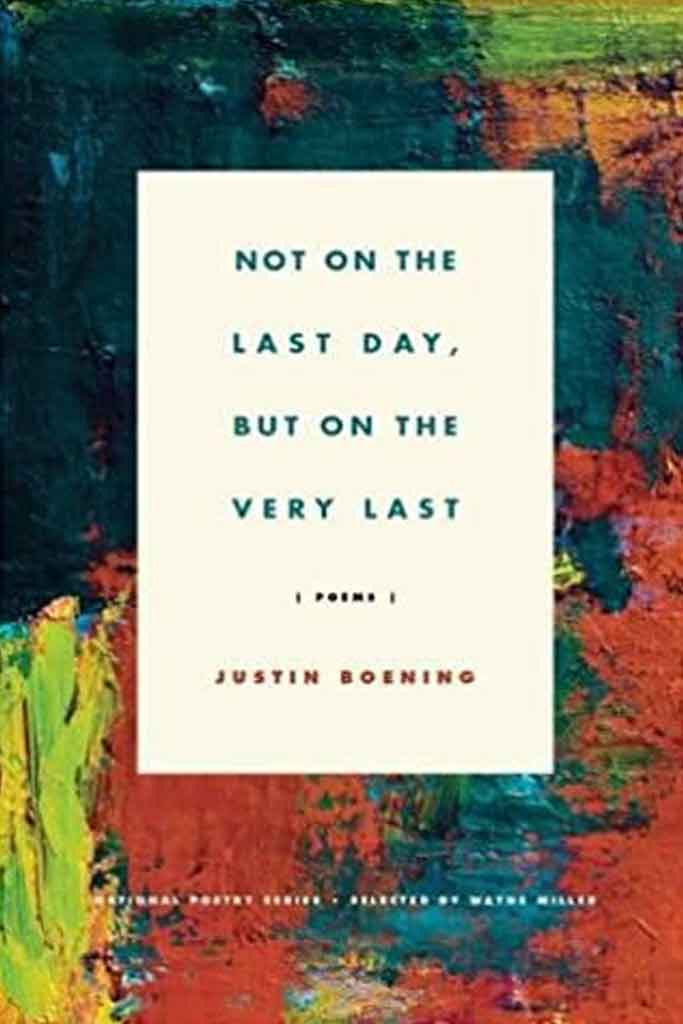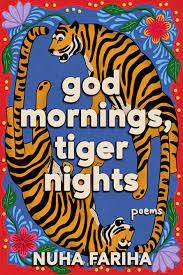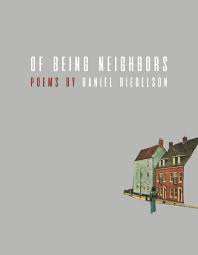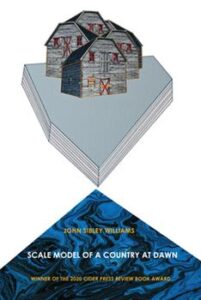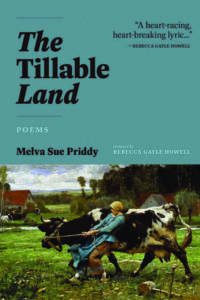Review by Emily Corwin // January 9, 2017
Milkweed Editions, 2016
Paperback, 61 pp. $16
Justin Boening’s Not on the Last Day, But on the Very Last is a book that gives pleasure, a visceral sensation that starts somewhere in the chest and ripples down to the feet. These poems are wild, lush, and dreamy. I even love the way this book feels in my hands—it is smooth, vibrant, something easy to carry. Boening’s poems are rich, populated by horses and rivers and hair, mirrors and children and paintings. It is a place that I like being inside of, a place to return to.
As the title suggests, Not on the Last Day, But on the Very Last, examines apocalypse, the afterlife, and the ways in which the self navigates these endings. “Is there another world? Is it this one?” the speaker asks. Boening considers this world before him, looking closely at the things of this world, the land and plant life, the gods and animals:
The noise of the bramble
never leaves me.
I bless the cedar. The months go by. I bless your saw.
When you need
me to hurt, I’ll dim
in the linden leaves, I’ll hide
in the fire-scarred hills,
and the great guards
of my gilded name
will circle around to protect me.
And you’ll be there,
and I’ll know your name
as a god knows your name
This landscape is often internalized by the speaker, such as in “Proxy Baptism” when he states: “I shake myself to wake a deer bent down inside of me.” Pervading the book is this desire to transform, to enter a more primal shape. “Everything seems like something you’d say to me in a small town to keep me breathing like a little beast,” the speaker says, wondering too what happens if he becomes “wild again and no longer respond[s] to [his] name.” Boening’s speaker shape-shifts throughout the collection, imagining himself as the man sitting next to him, as a god or animal, as an opera singer, as nobody. By approaching the speaker in these various forms and bodies, Boening shows a self in motion, a self that adapts and dreams of other lives, that ponder the kind of life he could have wanted. This is seen particularly in the poem, “Nobody”:
And as we pushed aside a tangle of leaves to enter
a stolen wood, we knew we’d be joined
by no one not dragging their fat bags behind them.
And the poplars began to shake, or we did.
And the leaves reflected light as they twisted
in the dumb wind—a school of fish
shot through by sun—and nobody was bothered
by a reality that had already come, and nobody
was longing for the one that hadn’t.
The reality that has come to us, this world that we are given is so very tender, dreamy, yearning—a world we should lean into, regardless of our bodies, human or not. In addition to the transformations of the speaker’s body, the female bodies in this collection were particularly striking—the speaker seems often surrounded by a community of women. Women as mothers, women who take his hair, who weep, who button and unbutton his shirt, who fall asleep, who walk back to the house cradling a toy horse. The women feel far-away and mythic, a mysterious, kindred presence on the speaker’s journey.
The scale of this whole collection works on the level of mythology, with these images that can feel both archetypal as well as specific. It is as though we look at the globe from a distance and see its details with a microscope. This effect can be seen in the opening of “The Door”:
In the wilderness, a door
stands upright. Its paint
peeling, its knob
a little loose. I place a palm
of dead bees beside it
to remind the trees
of what it is
to be young.
Boening’s poems are ancient, mystic, sometimes wry, and always ardent. I will be returning to this book often, to spend time in the places these poems have built, to spend time with this speaker at the ends of the earth.
ABOUT THE REVIEWER
Emily Corwin is an MFA candidate in poetry at Indiana University-Bloomington and the Poetry Editor for Indiana Review. Her writing has appeared or is forthcoming in Winter Tangerine, glitterMOB, Hobart, smoking glue gun, and Word Riot. Her chapbook, My Tall Handsome, was recently published through Brain Mill Press. You can follow her at @exitlessblue.


